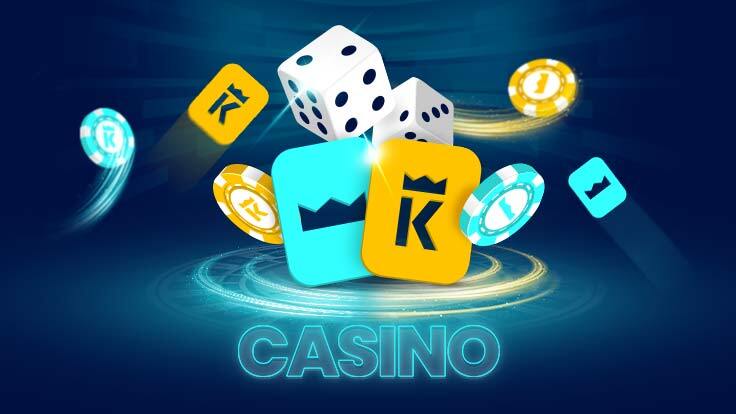Betting has been a part of human culture for centuries, evolving from informal wagers between friends to a multi-billion dollar global industry. As technology advances and societal attitudes shift, the landscape of betting continues to change, offering new opportunities and challenges for enthusiasts and regulators alike. This article explores the history, types, and future of fun88 reward as well as its social and economic impacts.
A Brief History of Betting
The origins of betting can be traced back to ancient civilizations. The Chinese were known to engage in gambling activities as early as 2300 BC, while the Romans enjoyed betting on gladiatorial contests and chariot races. Over the centuries, various forms of betting emerged, including lotteries and card games.
In the 19th century, the establishment of organized sports led to the development of sports betting, with the first official horse racing tracks appearing in England. The introduction of the totalizator (tote) system allowed bettors to place wagers on horses more efficiently, laying the groundwork for modern betting systems.
Types of Betting
Betting today encompasses a wide array of activities, including:
- Sports Betting: This is the most popular form of betting, involving wagers on the outcomes of various sporting events, from football and basketball to horse racing and esports. With the rise of online sportsbooks, sports betting has become more accessible to a global audience.
- Casino Gaming: Traditional casinos offer a variety of games, such as poker, blackjack, and slot machines. Online casinos have also surged in popularity, providing a virtual alternative with interactive experiences and live dealer options.
- Lottery and Raffles: Lotteries have been a staple of gambling for centuries, with participants purchasing tickets for a chance to win large cash prizes. Raffles are similar but often support charitable causes.
- Financial Betting: This type of betting allows individuals to speculate on the price movements of financial assets, such as stocks or commodities. Products like contracts for difference (CFDs) and binary options have gained traction in this niche.
- Novelty Betting: This includes wagering on non-sporting events, such as political elections or reality TV show outcomes. Novelty betting has gained attention in recent years, especially during major global events.
The Impact of Technology
The rise of the internet has revolutionized the betting industry. Online platforms have made it easier for bettors to place wagers from the comfort of their homes. Mobile apps have further enhanced accessibility, allowing users to bet on-the-go.
In addition to convenience, technology has also introduced innovative betting options, such as in-play betting, which enables bettors to place wagers during a live event. This dynamic form of betting has increased engagement and excitement for many sports fans.
Regulatory Landscape
As the betting industry has grown, so too has the need for regulation. Different countries have adopted varying approaches to gambling laws, with some embracing a more liberal stance while others maintain strict prohibitions.
In the United States, the repeal of the Professional and Amateur Sports Protection Act (PASPA) in 2018 allowed states to legalize sports betting, leading to a rapid expansion of the market. However, regulations vary widely between states, affecting how operators can conduct business and how bettors can place wagers.
Social Considerations
While betting can be an entertaining and potentially profitable activity, it also carries risks. Problem gambling is a significant concern, leading to financial difficulties and mental health issues for some individuals. Many countries have implemented responsible gambling measures, such as self-exclusion programs and mandatory information on risks associated with gambling.
The Future of Betting
The future of betting appears promising, with continued advancements in technology and changing attitudes toward gambling. As more jurisdictions legalize various forms of betting, the market is likely to expand further.
Emerging technologies, such as blockchain and virtual reality, could also shape the betting landscape. Blockchain may enhance transparency and security in transactions, while virtual reality could offer immersive betting experiences in simulated environments.
Conclusion
Betting has evolved significantly over the centuries, transitioning from informal wagers to a sophisticated global industry. As technology continues to advance and societal attitudes shift, the future of betting is poised for further growth and transformation. Understanding its history, types, and impacts can help bettors navigate this exciting landscape responsibly and enjoyably.


